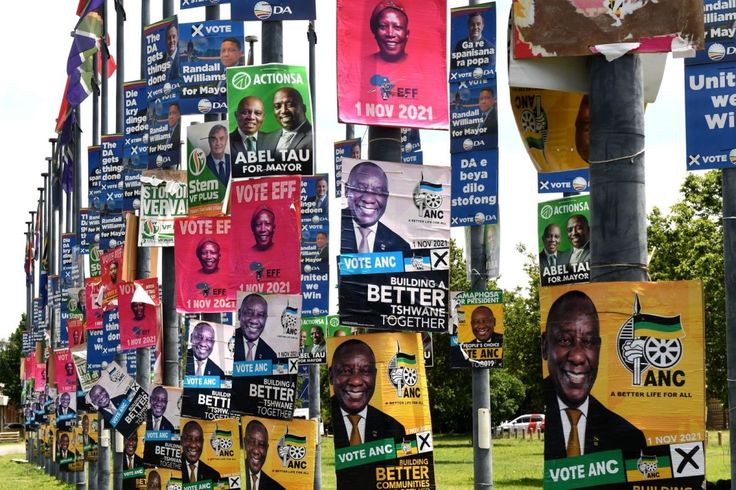
Yesterday the eyes of the continent and the world were on South Africa as citizens went out to cast their votes in the most highly contested elections in the country’s 30 years of democracy. One reporter on the national broadcaster alluded that 29 May 2024 is the one day when citizens would hold “power” because they were deciding on the fate of politicians and the political parties they represent.I felt that this again highlighted the narrow approach to which democracy has been reduced to holding an election at the expected time. Citizens come out to vote and then after that, the politicians take over. It took me back to the start of the year and the importance of our focus for 2024 penned by our Executive Director – around the need for an engaged citizenry (https://lnkd.in/d8h5em4e).
Without an engaged citizenry, politicians and political parties will be left to run roughshod only considering citizens’ concerns/priorities when it serves their interests or helps them to retain political office. It’s a problem that is not synonymous with South Africa but affects the entire African continent. While the EIU’s latest Democracy Index – https://lnkd.in/dqiXQYWY indicates that South Africa is doing better than other countries on the continent, it is a case of the country being “a giant amongst dwarfs”.
The real work to build better democracies cannot be done through electoral processes, no matter how independent and good the electoral body is or if the incumbent does not win the majority and has to consider leading a coalition.The hard work to build strong democracies begins after the elections
- In the day-to-day running of the country and how citizens engage, participate and lead in this process and;
- with those in political offices or who are unelected but part of the state machinery understanding that they stand guided and informed by what citizens want.
#citizens #participation #inclusivedemocracy
This post was posted to LinkedIn by Eddah Jowah
